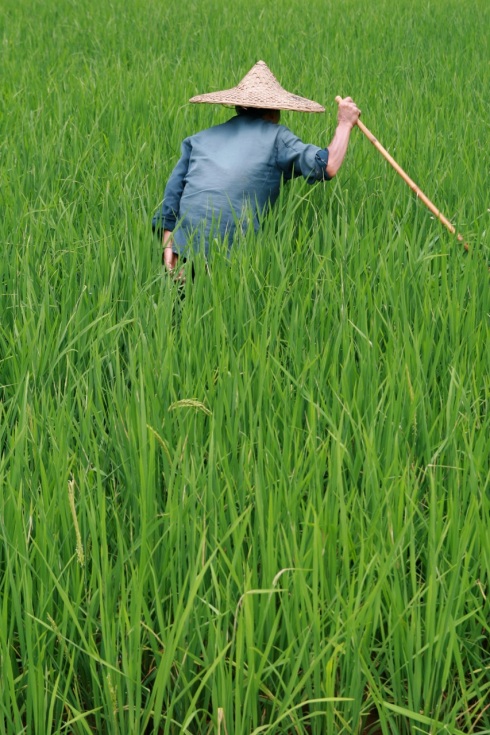It has not been easy, I admit, to link the two main things that have been on my mind over the past week: the media preoccupation with all things Titanic and the invasion of factory trawlers in Atlantic waters along the west coast of Africa.
The Titanic docs have been both awful and fascinating – with bad metaphors, stuff we already knew and use of the word ‘fateful’ spun into overdrive. Last week, even the New Yorker ran a big feature on our ongoing obsession with the tragedy and kept me occupied during at least half my flight to Mexico. But with all of this commemoration/exploitation there has come a kind of anxiety, a depressing sensation of knowing how it all ends. All those new anecdotes, photos or scientific explanations that seem to have been dug up especially to herald this dreadful anniversary — it doesn’t matter.
The real and overwhelming ‘take-away’ of the story of the Titanic is not fascinating. It’s hugely messed up and horrific. It’s the hundreds and hundreds of people left to drown in frigid waters in the middle of the night because no-one insisted on there being enough lifeboats on board. And that most of them were poor.
Almost nobody, meanwhile, has paid any attention to another maritime disaster, the unfolding tragedy off the coast of Africa. It’s a sad tale of hapless fishermen in wooden pirogues sinking deeper into poverty as ocean liner-sized behemoths scoop up anything with a fin within miles of coastline running from Morocco to Sierra Leone.
One of the countries affected is Senegal. I recall how surprised I was when I went there a few years ago, and learned that its two main sources of national revenue were ground nuts and fish.
Groundnuts and fish? How could any country run itself on ground nuts and fish, I asked an economist one afternoon at the Cheikh Anta Diop University in Dakar – a question, I noticed, that only seemed to elicit a sort of irritated sigh. “Well, it does,” he said.
But now their catch is down by a massive 75 percent, according to the Guardian, as European Union ships, subsidized by the taxpayer to the tune of a billion euros a year, take in “235,000 tonnes of pelagic species and tens of thousands of tonnes of other species” annually.
And it’s not just Senegal that is suffering. The FAO estimates that 1.5 million local fishermen in several nations are sunk in this dilemma, unable to compete with the trawlers from developed nations from around the world. Some companies have purchased contracts to fish from African governments, but an equal number are apparently pirate ships, in their waters without permission.
And speaking of pirates, the collapse of the East African fishing grounds is cited by many – although some organizations refute this – as the source of actual piracy. In Somalia, the falling apart of government and the invasion of bigger, better equipped fishing boats left many fishermen with nothing much else to do but join the dangerous and well-armed gangs prowling for another kind of fish — sailors for whose lives they demand million-dollar ransoms.
But if all that were not serious enough, the real potential tragedy – the conclusion I can just see coming – is the utter depletion of yet another series of fish stocks. The rabid greed for sea life, the paradoxical situation whereby, for example, half of Britain’s North Sea catches are thrown back dead because they are not the right species, is set to destroy our oceans.
Worst of all, there seems little average people can do about it. Who knows the context out of which the fish we see for sale on supermarket beds of ice came? How long will it take for the Japanese, to name just one super egregious example, to heed the international approbation and stop killing whales and dolphins because they just feel like it? What happens to all that fish anyway? Does it get eaten, or does a lot of it get thrown away?
It’s like we’re all stepping up the gangplank of the Titanic assuming that the people who have the power to do things also know what they’re doing, that they’ve thought about the possibility of looming disaster. For humans and their oceans, however, looming disaster may be just another ‘fateful’ plot twist we are, yet again, powerless to stop.



